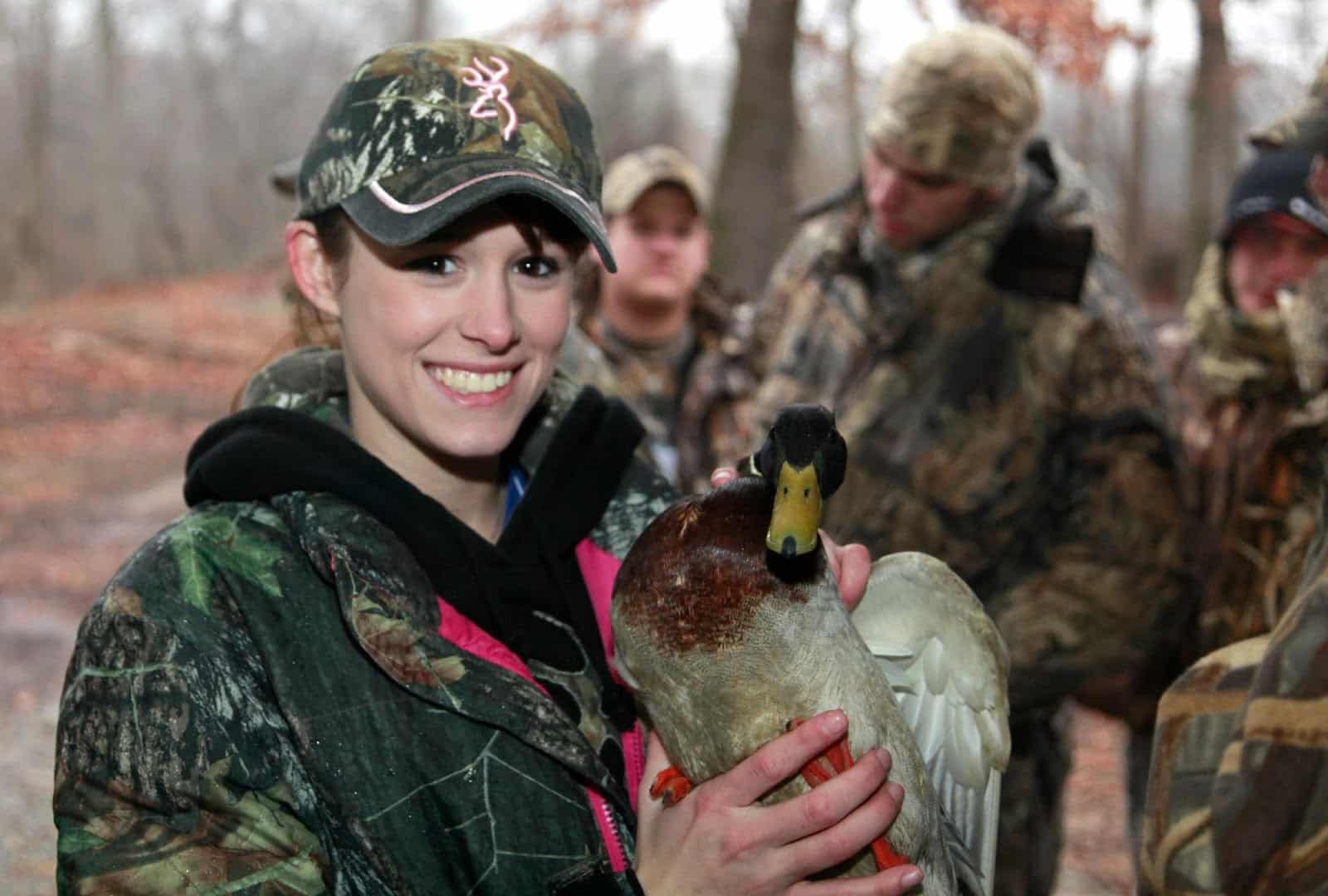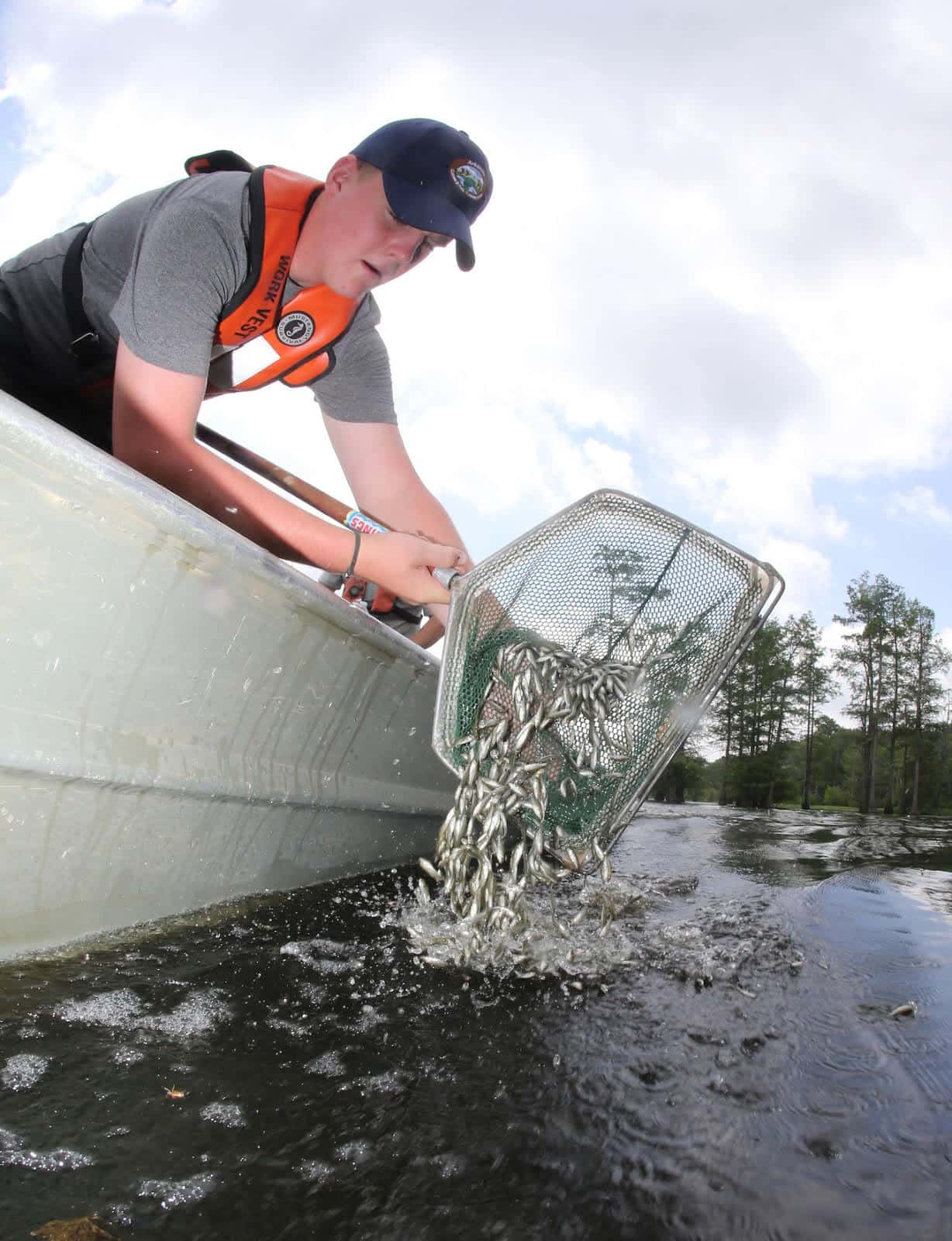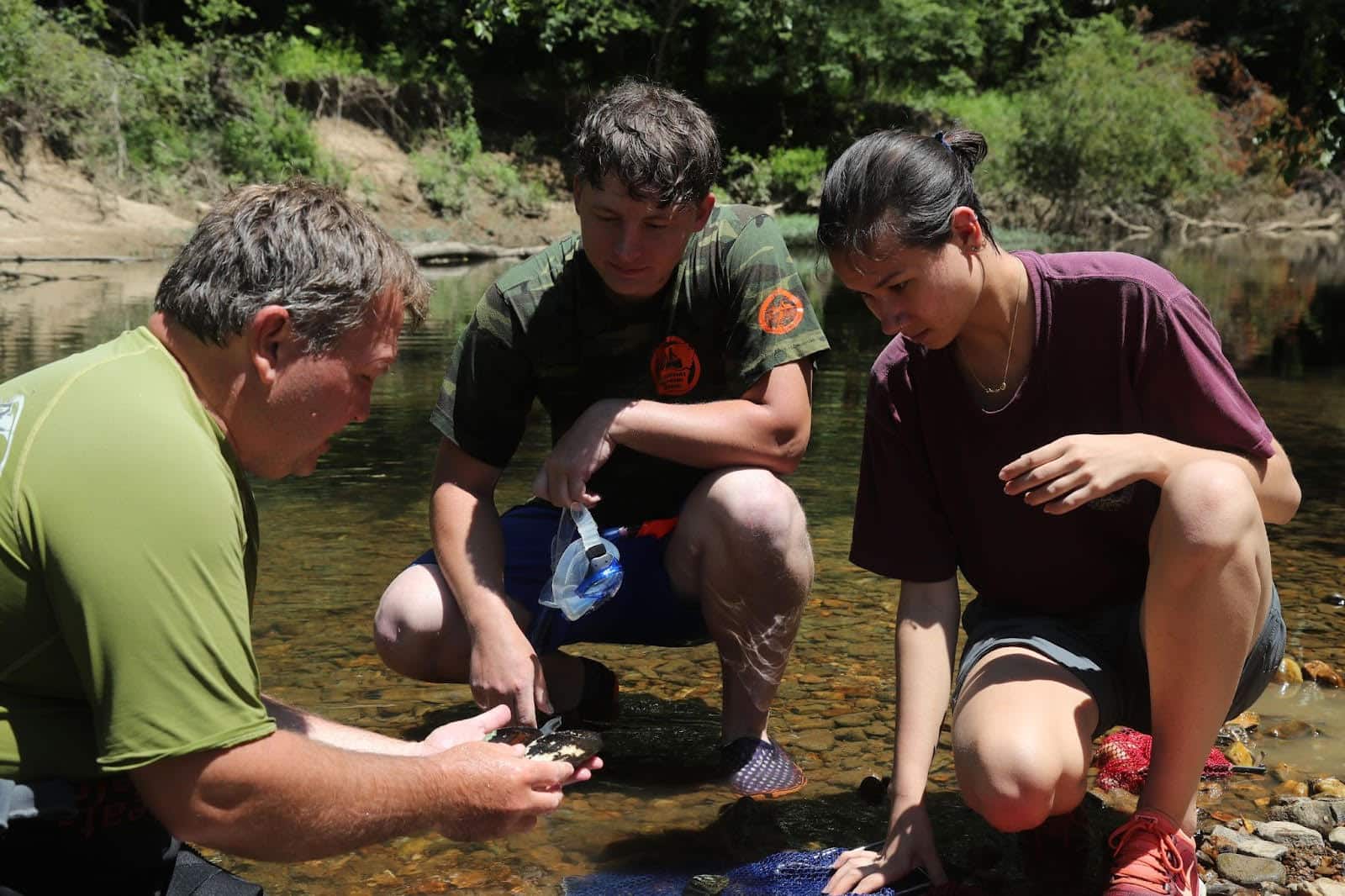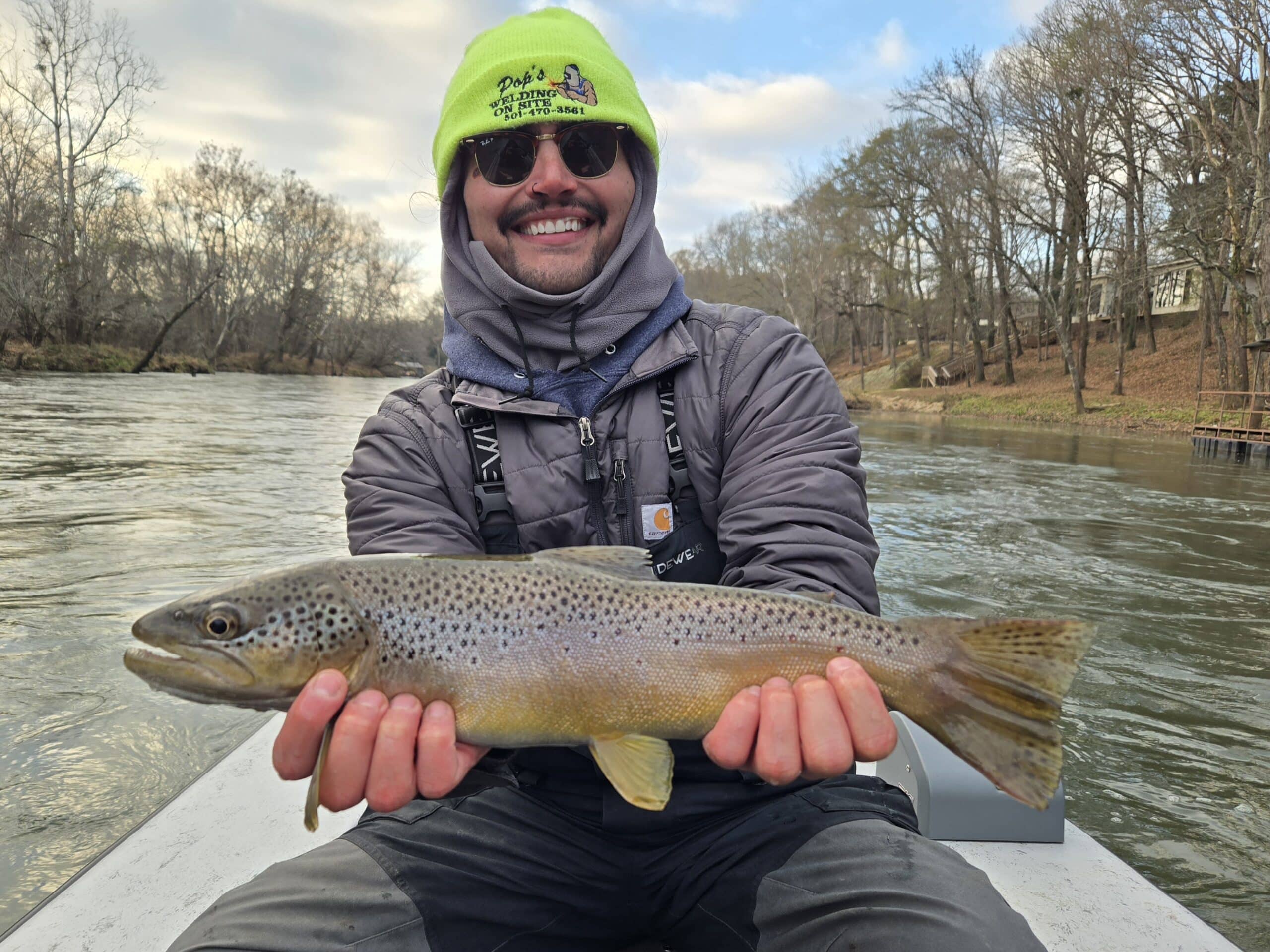AGFC conservation scholarships lay path toward bright future
ON 12-02-2024

LITTLE ROCK — Arkansas students interested in a conservation career may be able to find a little tuition assistance thanks to the colorful wildlife-themed license plates found on cars throughout The Natural State. The Arkansas Game and Fish Commission’s Conservation Scholarship Program is accepting applications for the 2025-26 academic year until Dec. 31, 2024.
The AGFC is giving the scholarship program a facelift this year with a renewed focus on creating a career path leading to a future in conservation.
“In the past, we gave a lot of scholarships that were worth a little money to help college students, but we’ve reduced the number of scholarships available and increased the money each recipient will receive,” Lauren Cannon, AGFC Facility Director at the Ponca Nature Center who is taking the lead in the scholarship program, said. “It will be more competitive, but it will also be more rewarding.”

Incoming freshmen who receive a scholarship under the new format will receive $2,500 per semester, an increase of $1,500 per semester over the previously awarded amount. The scholarship amount also increases as the student progresses in their college journey.
“They’ll get $2,500 per semester as freshmen and sophomores, but those who continue to qualify in their junior and senior years of college will receive $5,000 per semester. It’s a pretty substantial increase,” Cannon said. “But the money increase really is only one benefit of the revamped program.”
Instead of simply helping pay a bill to college registrars, the AGFC is stepping up to become a true sponsor of scholarship recipients through increased requirements and benefits. Scholarship recipients must complete at least 40 volunteer hours with the AGFC during their freshman and sophomore years, and they must complete a 400-hour internship during each of their junior and senior years.
Ava Smith, AGFC Social Science Research Specialist, said the change will make the program become much more immersive to help students on their career path.
“They will need to volunteer or work with at least four AGFC divisions, so they’ll get a good idea of the many career paths available to them in conservation,” Smith said. “A lot of scholarship recipients in the past may have veered from their original intent of conservation, and these requirements will help them discern what path is right for them. If they do decide to go a different direction, then the funds are available for other students who are interested in conservation fields.”
Smith says the paid internships also help fulfill another hurdle many conservation students face post-graduation.

“Hiring for entry-level positions has sometimes been difficult when students lacked the necessary technical or professional skills,” Smith said. “The internships and volunteer requirements will create opportunities for students to acquire those skills, and incorporate training that will create more qualified natural resource professionals.”
Smith says recipients of the new scholarships also will be paired with a mentor at the AGFC who is in their field of study. Mentors will be able to help students hone their college experience into a career path, laser-focused on the opportunities available at AGFC and other conservation agencies.
“The ultimate goal is to build a bench of conservation professionals to one day join the AGFC, but at the end of their college experience, scholarship recipients should be able to hit the ground running with a variety of organizations in the natural resource discipline,” Smith said.
Anyone who currently receives an AGFC scholarship will still be able to reapply for the traditional amounts with the previous qualifications, but they also will be eligible to compete for the new scholarship format.
“We didn’t want to just pull the rug out from under people who were already receiving a scholarship, so we’re allowing them to continue on their path through the transition and apply for the new opportunity, too,” Smith said. “As those students graduate, it will make more room for additional scholarships under the new format.”
All Conservation Scholarship Program requirements and the application and award timeline are available at https://www.agfc.com/
Funded by the sale of Conservation License Plates, the AGFC’s Conservation Scholarship Program has been helping Arkansas students since 2001, the year after the first Conservation License Plate was issued. Since that time, more than $8 million has been delivered to students pursuing careers related to conservation.
####
Recent News

CWD-positive deer found in Grant, Sevier counties
Dec. 19, 2025

Arkansas Wildlife Weekly Fishing Report
Dec. 18, 2025
Subscribe to Our Weekly Newsletter E-mails
Don’t miss another issue. Sign up now to receive the AGFC Wildlife Weekly Newsletter in your mailbox every Wednesday afternoon (Waterfowl Reports are published weekly during waterfowl season and periodically outside the season). Fishing Reports arrive on Thursdays. Fill in the following fields and hit submit. Thanks, and welcome!
